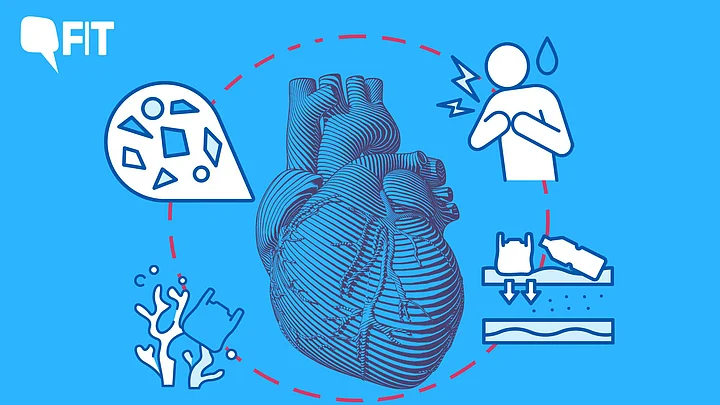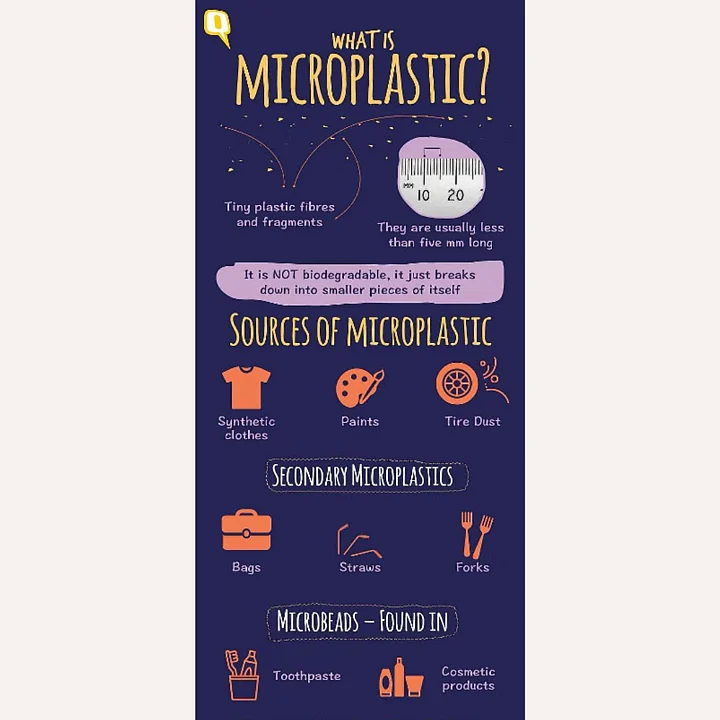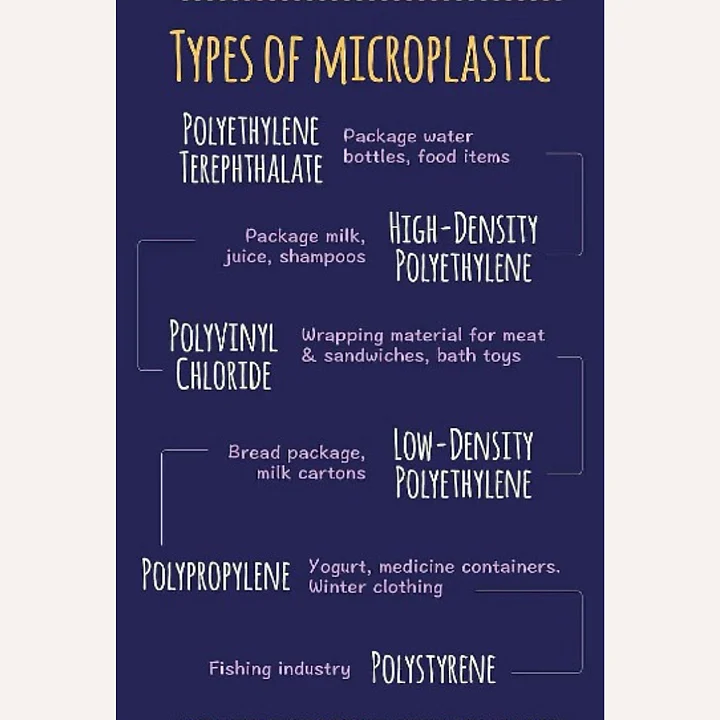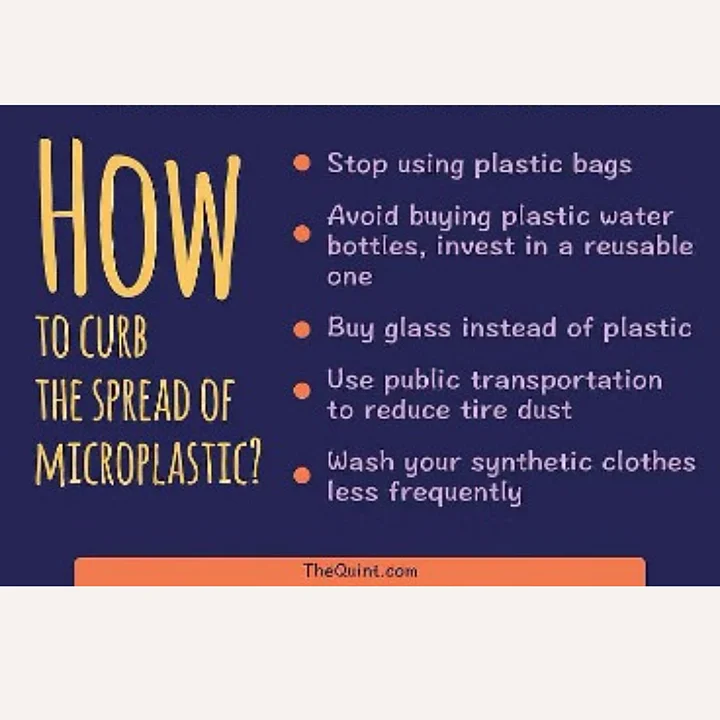People who have microplastics and nanoplastics (MNPs) in their arteries are at a greater risk of heart attack, stroke, and death, suggests a new study, titled Microplastics and Nanoplastics in Atheromas and Cardiovascular Events.
This is not the first time that research has suggested that the presence of MNPs in your heart vessels is a cause of serious concern.
In 2023, a study published in Biomedicines Journal, had said,
“MPs/NPs are an environmental stressor for cardiac function in living organisms, and a risk assessment of their influence on the cardiovascular system certainly merits further analysis.”
However, the latest research paper is being hailed as a landmark study when it comes to plastic pollutants and heart health. Why so?
FIT spoke to experts to break it down for you.
What the Study Says: The Big Points
The study, which was published in The New England Journal of Medicine on 6 March, says,
“Patients with carotid artery plaque in which MNPs were detected had a higher risk of a composite of myocardial infarction, stroke, or death from any cause at 34 months of follow-up than those in whom MNPs were not detected.”
The study, conducted by researchers in Naples, followed 257 participants for 34 months. These were all patients who had undergone surgery to reduce the risk of stroke, by removing built-up fat.
However, at least 150 of these patients (58.4 percent) were found to have polyethene in their carotid artery.
The participants, in whose arteries micro and nanoplastics were detected, were found to be almost five times more prone to heart attacks, stroke, or death in the 34 months follow-up period.
Who were the most at-risk participants? The study found that younger males, who smoked or had diabetes, were especially found to have micro and nanoplastics in their arteries.
These patients also had higher levels of cholesterol and inflammation in their bodies.
Why Experts Are Calling This a Landmark Study
FIT has previously extensively covered how microplastics have seeped into our organs, our bloodstream, and even breastmilk, and the possible ways in which it can harm us.
Speaking to FIT, Dr Sameer Gupta, Senior Interventional Cardiologist, Metro Hospital, Noida, explains,
“Microplastics have intrinsically become a part of our life now, and our bodies, unfortunately. This new study is landmark in the sense that it gives empirical evidence about how microplastics and nanoplastics have an adverse effect on our heart health.”
Dr Varun Bansal, Consultant, Cardiothoracic Surgery/Vascular Surgery, Indraprastha Apollo Hospitals, agrees.
He says that while there have been alarms about the effects of plastic pollutants for our cardiovascular health, this is the first time that a link has been established between them.
“The study highlights the severe presence of microplastics at benchmark levels in our arteries.”Dr Varun Bansal
This is all the more important because the carotid artery carries blood to our brain, neck, and face.
The presence of plastic pollutants here means that it can also travel to your other organs and affect their normal functioning too.
While the study does not establish causation, it does suggest correlation.
What Next Now?
Both the experts that FIT spoke to said, “More research and data analysis is required to get a better picture of what our next steps should be.”
Dr Gupta says that the one thing we can be sure of at this point is that immediate policy intervention is needed to reduce our exposure to toxins – in this case, plastic.
However, Dr Bansal also adds that the limitations and nuances of the study need to be understood too – for instance, is this link between cardiovascular health and plastic pollutants globally prevalent, or is it restricted to areas with high pollution levels.
While all that comes in the science-y domain, Dr Bansal suggests that people also take some precautionary measures for their heart health.
He suggests:
Follow a proper balanced and controlled diet.
Exercise regularly.
Avoid smoking and alcohol.
Go for regular preventive health check ups.
Avoid single-use plastic as much as possible.
“All of us need to take better care of our heart health, especially since this toxin is all around us. But people who are genetically prone to heart diseases, are diabetic, have comorbidities, or any other high risk factors need to be all the more careful.”Dr Varun Bansal




